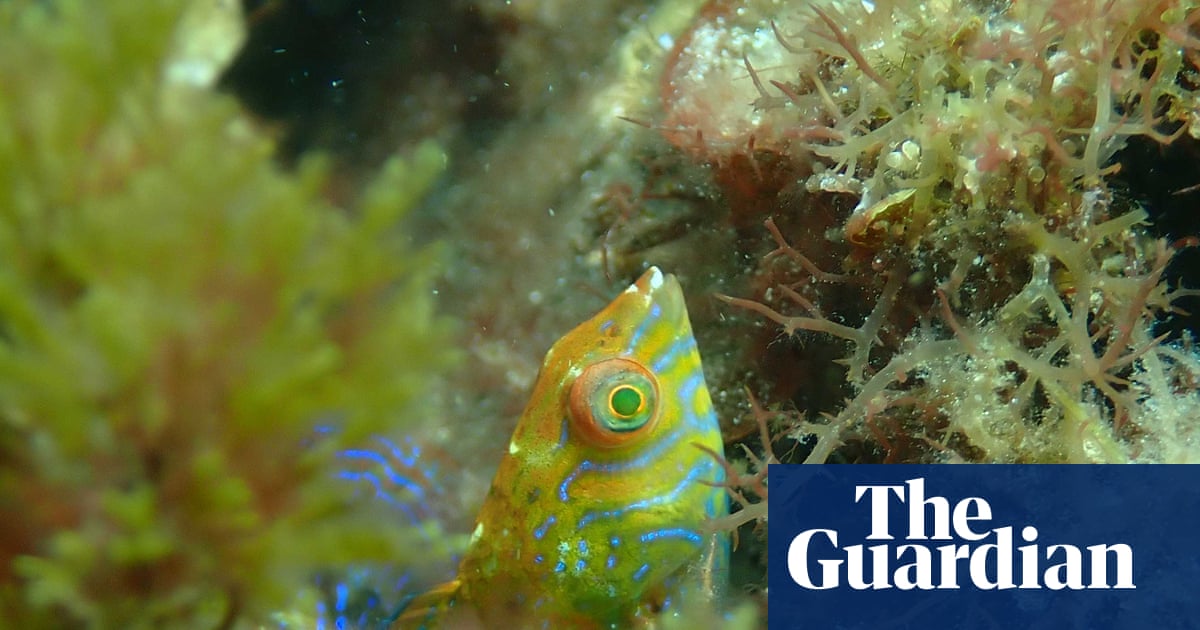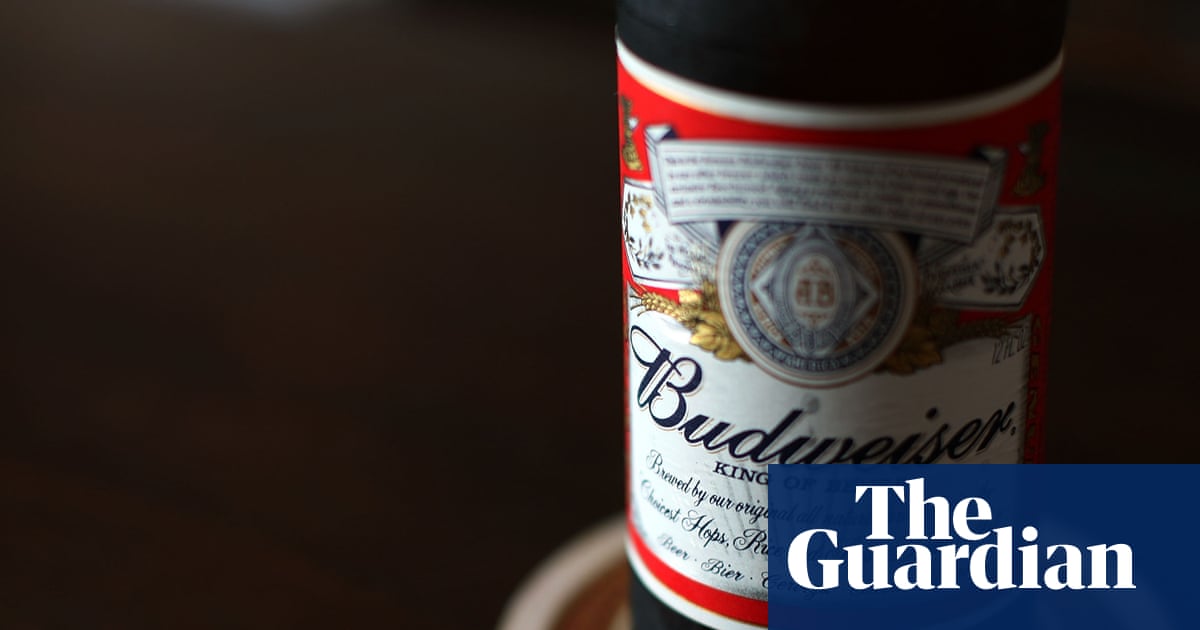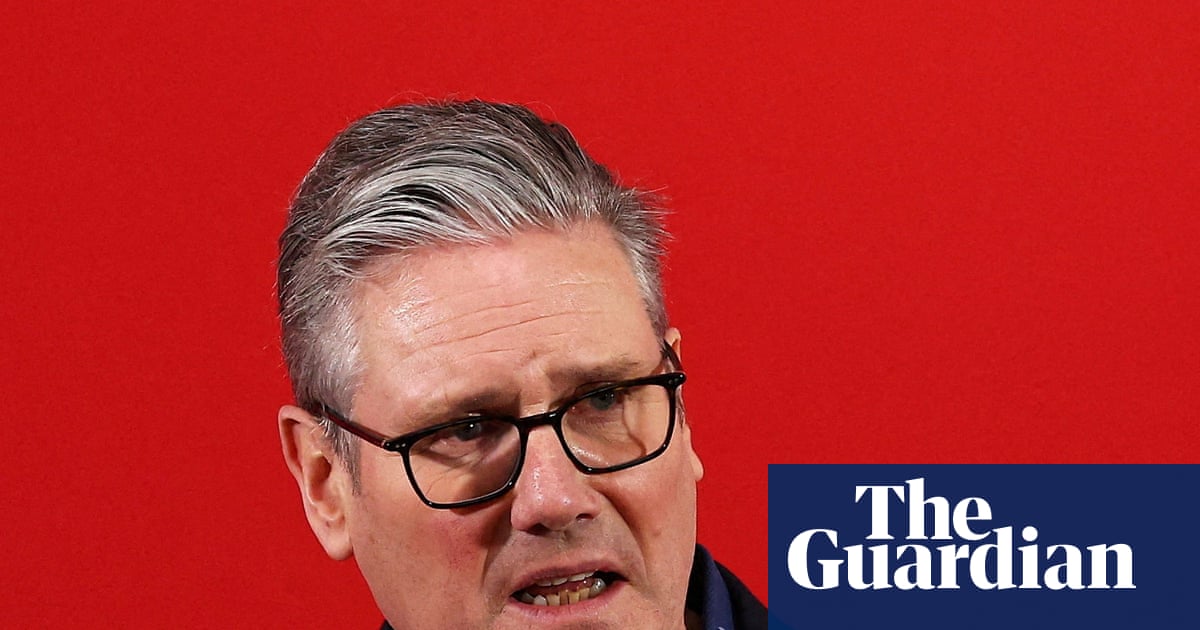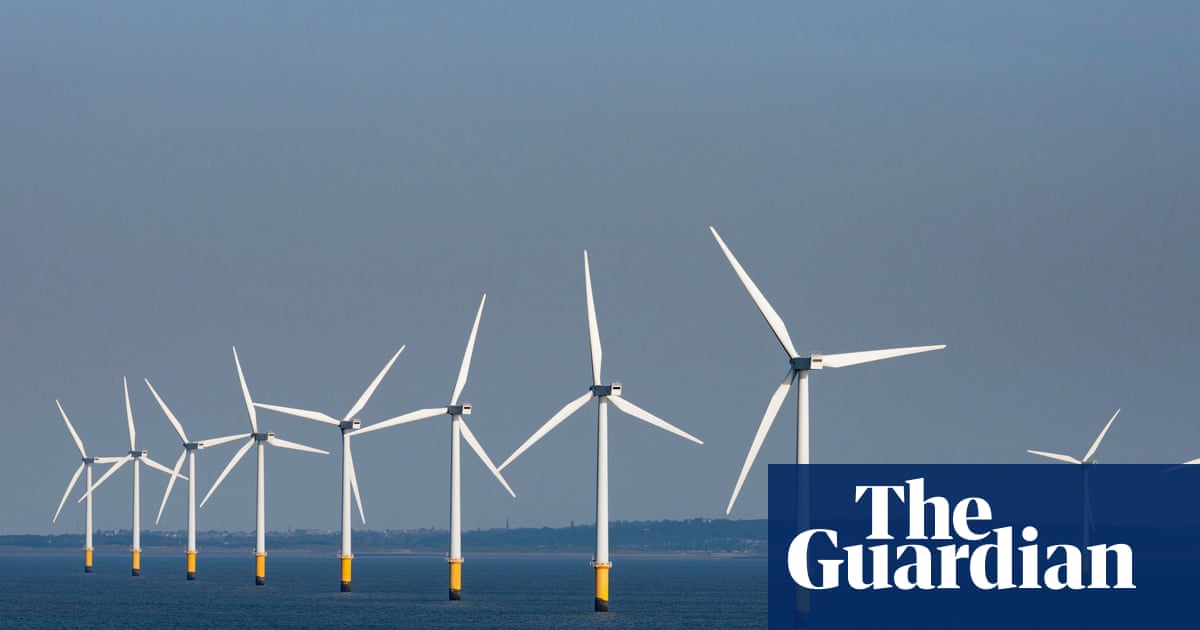A climate activist who is appealing against his deportation after serving one of the longest prison sentences in modern British history for peaceful protest has criticised his “crazy double punishment”.
Marcus Decker was jailed for two years and seven months for a protest in which he climbed the Queen Elizabeth Bridge over the Dartford Crossing and unveiled a Just Stop Oil banner in October 2022.
The 36-year-old German national, who was released from prison in February last year after serving 16 months, was sent a letter by the Home Office while in prison informing him of his automatic deportation. In his legal challenge, being heard at a tribunal in central London on Monday, Decker has the support of climate experts, religious leaders, celebrities and members of the public.
“I would be the first person in this country to be deported for peaceful protest,” he said. “It’s such a crazy double punishment. I have my established life here with my partner, Holly, and the kids [he is stepfather to her two children], we’ve been living together for many years.
“We’re in the middle of a multi[faceted] crisis. There’s an inequality crisis, the situation for immigrants has been getting so much worse since Labour has come in, and the climate crisis is getting worse by the day, which, of course, was the reason I took this action in the first place.
“It sort of makes sense to be in this situation where I can communicate the values around care that made us take this action in the first place and that need to carry on in this society.”
Decker, a teacher and musician, was released from prison in February 2024 after having served 16 months but still has an ankle tag, must report to the Home Office every other week and cannot leave the country. Because he began the appeal against deportation while in prison he served longer than his fellow protester, Morgan Trowland, despite Trowland having been given a longer three-year jail term.
“I’m very sorry for those that were impacted by the harm that we caused directly on the day or on the two days,” said Decker. “The people that missed funerals or missed hospital appointments, who were stuck in traffic, that is real harm. But then at the same time whole countries are either on fire, or a third of Pakistan was under water that year in 2022, London had for the first time experienced 40C heat. If you put it in the greater perspective, zoom out, then we have to keep trying different approaches to addressing these crises, to make change for the greater good.”
Decker lauded the “incredible” support he has had in his fight against deportation, which has included a 10-page letter sent to the UK government by the UN special rapporteur on environmental defenders, Michel Forst, a letter signed by 22 Nobel prize laureates and support from 562 actors, musicians and other artists. Much of it is being presented in evidence at his appeal.
Lord Hain, the former cabinet minister who was a leader of the anti-apartheid movement during the 1970s and 1980s, said: “It is difficult to see how the further step of deportation can be justified. That seems to me to cross a line and become unnecessarily punitive.”
The former chief scientific adviser to the UK government, Sir David King, described the action by Decker and Trowland as a “reasonable and proportionate response in light of the escalating climate crisis”, while the actor Juliet Stevenson said Decker was a father figure to Holly Cullen-Davies’s children, and that his removal “would do them untold harm and cause unnecessary anguish and abandonment”.
The former archbishop of Canterbury Rowan Williams said: “Deportation will reinforce the growing perception that environmental activism at the moment attracts excessively punitive sentencing and assimilates activists to terrorists.”
The tribunal’s decision is expected at a later date. The Home Office has been approached for comment.

 2 months ago
64
2 months ago
64

















































